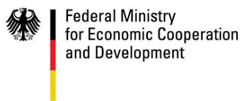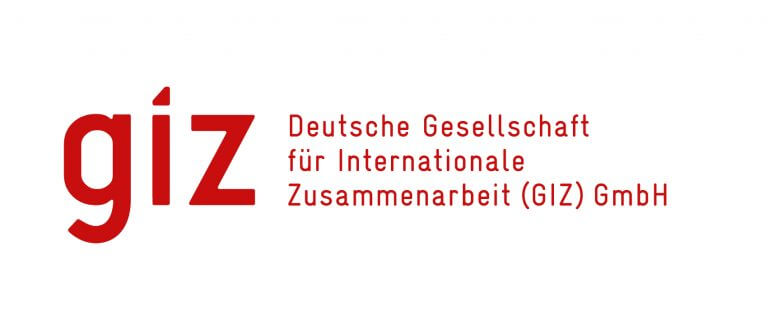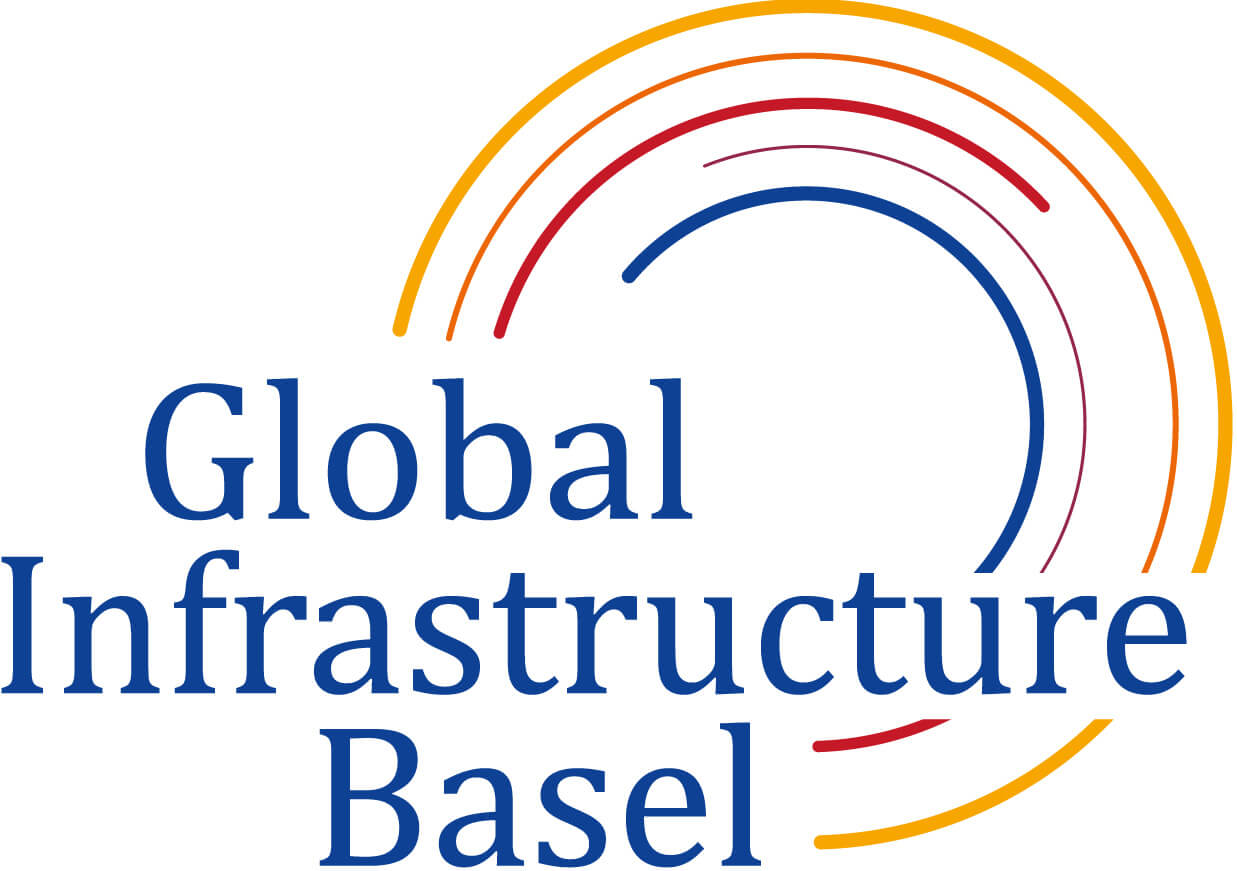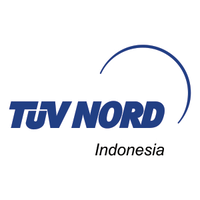Mainstreaming sustainable and resilient infrastructure is one of today’s greatest challenges: 75% of the infrastructure needed by 2050 does not exist today. Infrastructure project lifecycles often exceed 100 years, impacting the sustainability profile of countries and regions for generations. By 2030, an estimated USD 60 trillion in new infrastructure assets will be needed, more than the current value of the world’s entire existing stock of infrastructure. Roughly 60 to 70 percent of global infrastructure investments until 2050 will be made in emerging markets.
This presents an opportunity to create valuable and futureproof assets, especially in rapidly growing countries such as China, India and Indonesia. The global sustainability agenda will affect the way we build infrastructure. The Paris Agreement and the United Nations Sustainable Development Goals (SDGs) have set the tone for the future: sustainability-related change will affect the business model of nearly all industries. For the infrastructure sector, this means changing the way projects are planned, financed, built, operated and decommissioned. Tightening regulations on a national and international level constitute a major risk for infrastructure projects, while climate change exacerbated extreme weather events, such as droughts, rising sea level, storms, heatwaves and floods pose an additional threat.
Risk resulting from regulatory changes and environmental threats can be mitigated by investing in sustainable infrastructure today, thus preventing additional operating costs. At the same time, certification reduces environmental and regulatory risk while increasing opportunities for improved financing conditions.
The Sustainable Infrastructure Alliance (SIA) brings sustainable infrastructure and its certification into mainstream practice. Our vision is that such certification will help enable a sustainable future for those who use, own, and invest in infrastructure.
The SIA is structured in four workstreams:
20. January 2021

By loading the video, you agree to YouTube's privacy policy.
Learn more

By loading the video, you agree to YouTube's privacy policy.
Learn more

By loading the video, you agree to YouTube's privacy policy.
Learn more

By loading the video, you agree to YouTube's privacy policy.
Learn more








Project Director
Sustainable Infrastructure Alliance
Deutsche Gesellschaft für Internationale Zusammenarbeit (GIZ) GmbH
